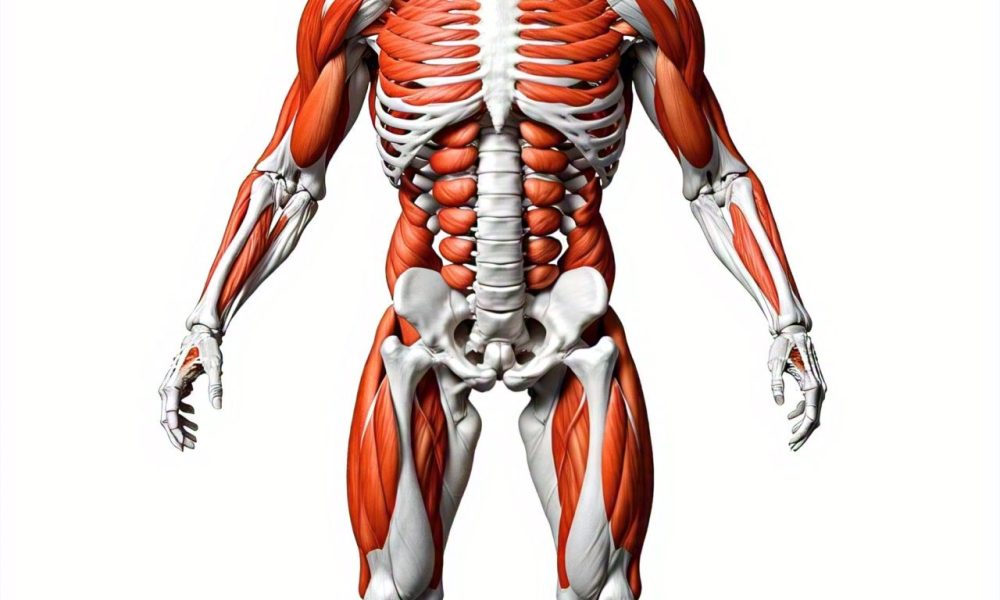Low blood sugar, also known as hypoglycemia, is a condition where the level of glucose in the blood falls below normal. Glucose is an essential source of energy for the body, and low levels can cause a range of symptoms, from mild to severe.
Causes of Low Blood Sugar
Low blood sugar can be caused by a variety of factors, including:
- Medications: Certain medications, such as insulin and sulfonylureas, can cause low blood sugar as a side effect.
- Diabetes: People with diabetes are at risk of developing low blood sugar, especially if they take too much medication or skip meals.
- Skipping meals: Skipping meals or going too long without eating can cause low blood sugar.
- Excessive exercise: Engaging in strenuous exercise without adequate food intake can cause low blood sugar.
- Medical conditions: Certain medical conditions, such as kidney disease, liver disease, and hypothyroidism, can cause low blood sugar.
- Alcohol consumption: Drinking too much alcohol can cause low blood sugar.
Symptoms of Low Blood Sugar
The symptoms of low blood sugar can vary from person to person, but common symptoms include:
- Shakiness or tremors
- Dizziness or lightheadedness
- Confusion or disorientation
- Slurred speech
- Nausea or vomiting
- Rapid heartbeat
- Sweating
- Hunger or cravings for sweets
Treatment of Low Blood Sugar
If you suspect that you or someone else has low blood sugar, follow these steps:
- Check blood sugar levels: Use a glucometer to check blood sugar levels.
- Consume quick-acting carbohydrates: Eat or drink something that contains quick-acting carbohydrates, such as glucose tablets, fruit juice, or candy.
- Wait 15 minutes: Wait 15 minutes to see if symptoms improve.
- Seek medical attention: If symptoms do not improve or worsen, seek medical attention.
Prevention of Low Blood Sugar
To prevent low blood sugar, follow these tips:
- Eat regular meals: Eat three main meals and one or two snacks per day.
- Monitor blood sugar levels: Regularly check blood sugar levels to ensure they are within a healthy range.
- Take medications as directed: Take medications as directed by your healthcare provider.
- Avoid excessive exercise: Avoid engaging in strenuous exercise without adequate food intake.
- Stay hydrated: Drink plenty of water throughout the day.
Low blood sugar is a serious condition that requires prompt treatment. By understanding the causes, symptoms, and treatment of low blood sugar, you can take steps to prevent it and stay healthy. If you suspect that you or someone else has low blood sugar, follow the steps outlined above and seek medical attention if necessary.

